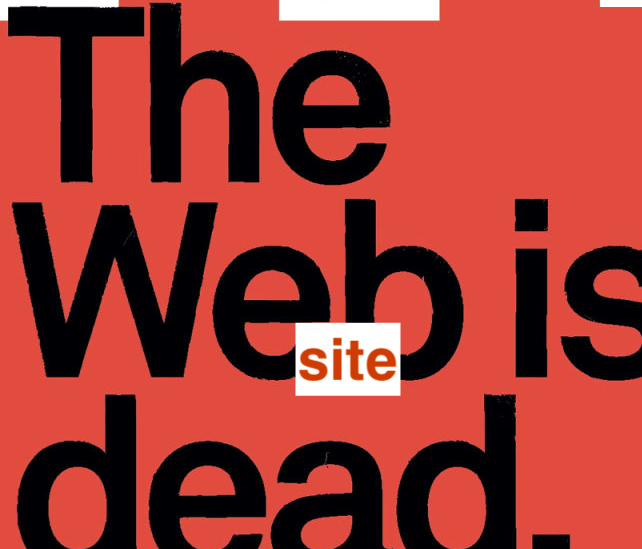Current Index Of Sexual Harassment Of Women In The Indian Music Industry
By Audio Pervert - 6/22/2021
"Sexual harassment, in it's various manifestations is rampant within
the Indian music industry. It runs from pillar to post, like a
structural malady, which severely threatens women in music. Not that
India is any different than the U.S. or Europe when it comes to gender
based violence, discrimination, objectification and harassment within
the music industry" states FEMWAV in a recent article. To back that observation, there is shocking and revealing data. A survey conducted by Indian-American
singer-songwriter Amanda Sodhi begins to unravel facets which sustain a 'culture of harassment'. The survey is a 'first time' effort, objectively revealing the types of sexual
harassment that women face within India's music industry. Over 100 women, working in the music industry participated in this survey, mostly anonymously, and the responses were very
unsettling (shameful to be precise). Women are sexually harassed at gigs, clubs, festivals, offices, music studios by male organizers, singers, musicians, DJs, managers, sound engineers etc. The majority of women remain silent, for fear of repercussions, given the 'internalization of abuse' in Indian society. A deeply internalized sense of entitlement, which perpetuates itself in the music industry of India - abusers and predators live with near total impunity. Structural violence is a tacit part of the music and entertainment industry of India, which fosters toxic environments and violent behavior.
The raging question at the heart of the matter being 'Why does harassment and violence against women continue to rise'? The answer may not appear instantly, yet it compels us to investigate objectively. Women's empowerment and safety in India is mired in elitism (class). We can say that with certainty about the music industry. Over the past ten years, new empowerment initiatives have taken place in India, mirroring the rise of feminist action globally. A majority of such initiatives, seminars, dialogues and campaigns, backed by brands, institutions, popular mantras and self-serving collectives manage to create a 'silver lining' - a mere notion of empowerment. Arbitrary and short lived. Willy nilly unable to cause real democratic change. Excluded is any discussion about structural violence and inequality. Excluded are the abused and the abusers. Excluded is academic knowledge and available research. Instead, most often we witness an elite sorority, made of cherry-picked individuals harnessing self-serving agendas. Party On pseudo-feminists! The brands, institutions and enablers fostering such events and seminars have one tacit objective - expansionism. Consequently a vast majority of women and girls are excluded.
"Bollywood, advertising and music videos most often objectify women into predicated roles - of beauty, desire, sexual entrapment, servility, sentimentality, despair etc. The enablers of such roles also accrue big benefits (economic and social). These roles, perpetuated over decades, have reinforced toxic environments and narratives, which consequently leads many men to exert their power and prejudices, backed by a subconscious sense of entitlement..." - researchers Aanmona Priyadarshini and Samia Rahim (India / Bangladesh).
When institutional mandates, panels and agendas fizzle, individual action manages to strike at the heart of a given problem. Such acts of moral courage often give way to much needed objectivity and awareness for women and for men. The artist coupled with her struggles creates the initial steps towards viewing harassment in a new light. Overcoming fear of retribution is key in dismantling discrimination and violence against women. Amanda Sodhi's survey is one such bright example. A point of departure from institutional impotency. "When
I began conducting the research to administer this survey, I could
barely find 400-500 names of women active in the music scene,
nationwide, to send the survey link to. It's sad that we can't even
offer a safe work environment for such a tiny group! Fear of losing out
on work opportunities was one of the top two reasons to not report
incidents of sexual harassment..." states Amanda in the recent interview with FEMWAV. The survey highlights below:





























0 -